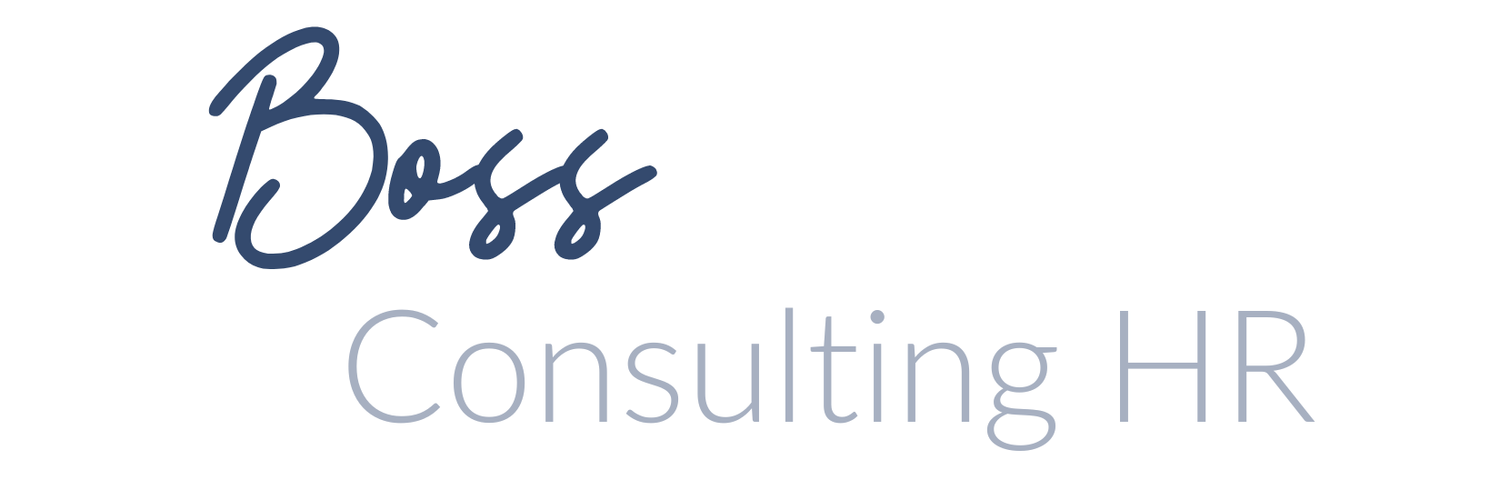What We're Watching | Shiny New Laws in 2023
What We're Watching, a weekly summary from the team at Boss Consulting HR, to highlight the ever-moving parts that is Human Resources.
Federal Updates
NLRB Has Made Moves & Not Everyone is Happy.
Here's What You Need to Know.
In a new ruling, the National Labor Relations Board (NLRB) set precedent. They have added consequential damages to their “make-whole” relief in cases of poor labor practices. This means that economic consequences will now be taken into consideration in labor law violations, increasing the liability employers are responsible for.
Many are divided on this new ruling, and if it is a step in the right direction, or the wrong one. Both sides acknowledge that it could cause difficulty calculating these damages and may complicate proceedings. But ultimately, the board sees it as a win to combat unfair labor practices.
To catch up on what both sides are saying, and the case that set the precedent, read more here.
Protections for Pregnant Workers. What You Need to Know About the New Law.
Wrapping up 2022, the Pregnant Workers Fairness Act (PWFA) passed the Senate and was signed into law along with the Providing Urgent Maternal Protections for Nursing Mothers Act (PUMP). Pregnant workers are now entitled to reasonable accommodations and workplace protections.
The law also gives employers clearer direction around specific workplace accommodations to help employees safely remain in the workplace throughout pregnancy.
Here’s Why it Matters → The PWFA brings clarity to both temporary and long-term pregnancy-related disabilities.
From an HR standpoint, we typically advise that pregnancy itself is NOT a disability.
But with the PWFA signed into law, the updated advice is for employers to take a closer look at accommodation and job adjustment requests. Pregnant workers now have similar rights to those found under the Americans with Disabilities Act (ADA) so more consideration is due.
Massachusetts Updates
Yearly Rate Changes Are Here. It’s Time to Notify Your Employees.
The Department of Family and Medical Leave (DFML) yearly adjustments to the PFML are here! We’ve got increases, decreases, and a few important reminders. New numbers coming your way…
The minimum amount for employer contributions has decreased from the 2022 rate. The new contribution rate varies based on the number of workers you employ.
PFML will now cover employees who earn over $6k. This is up from last year’s minimum earnings eligibility rate.
Another increase to 2023 numbers is the wage replacement benefits amount. It now comes in over $1,100 max per week.
Here’s Why It Matters → This new update brings about action steps you need to take. Here are your to-dos to stay in compliance and thrive in 2023.
Republish those rate sheets with the new rate change & notify your workers.
Replace your old poster with the brand-new one released by the DFML. Update your employees on the changes & display the poster where they can read it.
Provide all new employees with the updated workforce notification form so they know about their rights under PFML.
MA Sits Atop the Minimum Wage Leaderboard. Are you at $15 + an hour?
Now boasting one of the highest minimum wage rates in the US, Massachusetts has officially reached $15 an hour. After years of incremental increases, January 1st marks the final hike.
For our Rhode Islanders, the minimum wage also increased. It now sits at $13 an hour. Quite the difference from Massachusetts’ new number.
Here’s Why it Matters → $15 minimum wage is a huge step toward meeting the cost of living for your employees, and will hopefully ease some of the burdens this historic rise in inflation has caused.
We know many employers have already increased their wages to, or beyond, the $15 mark in an effort to retain workers post-pandemic. But now that it’s the official number, it’s time to make sure you are in compliance with the new minimum wage.
Connecticut Updates
The “Clean Slate Law” is Rolling Out. It's Time to Review Your Hiring Process.
After a series of delays, implementation of the Clean Slate Law has begun. The Act serves to relieve barriers to entry of employment for those previously convicted of varying low-level crimes (including cannabis possession).
Discriminating against these individuals (in compensation, terms of employment, & more) is now considered a “discriminatory practice.” Meaning your actions could lead to an employment discrimination claim. For more details on specifics, we point you to Littler’s recent article.
Here’s Why it Matters → Our CT employers know that “Ban the Box” already prohibits you from asking about criminal convictions on employment applications. But with the Clean Slate Law officially in effect, there’s a lot more to consider.
From here forward, be mindful of how you advertise for employment opportunities. In particular, anything suggesting that a criminal background may impact a candidate’s hire-ability is a big no.
As an additional action step, we recommend reviewing your applications for compliance. Revise where necessary, and make sure anyone involved in the hiring process is well-versed in the new law.





